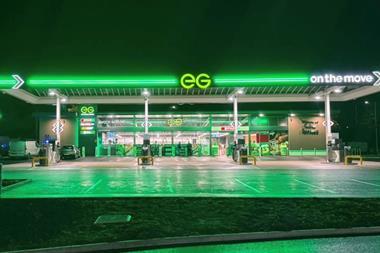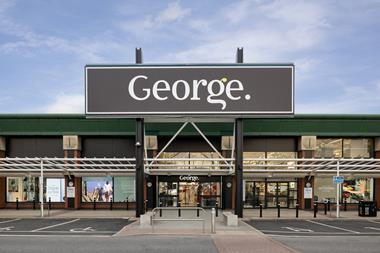These are troubling times for many of us, as households and businesses alike face the prospect of catastrophic energy bill increases. So it’s unsurprising that, upon hearing reports their stores were up for sale over the weekend, staff at Co-op forecourts have contacted The Grocer expressing their fears over what is happening. They have told of concerns over a lack of information coming from Co-op HQ.
In fairness to Co-op management, no business will disclose details of M&A activity while the deal is still being thrashed out. The good news for impacted staff is there seems to be a strong appetite among potential buyers, with Asda reportedly ready to stump up £450m for the Co-op’s 130 forecourt sites. Should the deal come to fruition, staff will move to Asda along with the stores under TUPE rules. Hopefully their positions will be secured within a business that will be led by the expertise of the Issa brothers, who understand the forecourt as well as anyone.
The picture will likely become clearer this week, according to the original story broken by Sky News. But if it is to be Asda, it will mean another trawl through the petrol forecourt market for the Competition & Markets Authority. The CMA has had plenty of experience of this sector in recent years.
The impact on fuel prices was one of the main reasons why it blocked the Sainsbury’s-Asda merger in 2019. In June last year, the Issa brothers and TDR Capital agreed to sell off 27 forecourts for the CMA to greenlight their $9.6bn deal to buy Asda from Walmart. In May, the watchdog accepted CD&R’s proposal to dispose of 87 fuel sites so the private equity firm that owns Motor Fuel Group could take over Morrisons.
The likelihood is that, even if the bid for the Co-op stores comes from Asda rather than the Issa brothers, the CMA will look at all the forecourt sites linked to Asda and EG Group when weighing up the impact of the deal. It is not expected to factor in the current high fuel prices, but deal on a site-by-site basis. The key will therefore be: if it does demand disposals, how many would make the deal unpalatable?
It would likely have to be a high number. Asda is keen to grow its forecourt and convenience arm, and with the Issas having missed out on landing McColl’s earlier in the year, there is clearly appetite for a deal.
Where it leaves the Co-op is another question. There is a cost-cutting round underway, with 400 head office roles soon to be lost via redundancies. The society has also scaled back its investment plans as it looks to get a firmer grip on its net debt, which hit £920m at the end of 2021, compared with £695m coming out of the 2019 financial year.
A deal of this nature will go a long way to paring down this debt, and it makes business sense for the society. Ahead of the pandemic, it had identified forecourts as a key growth area, but the impact of Covid on the sector drove Co-op to direct much of its growth focus and investment to online. It now seems prudent to continue this strategy. It’s possible this deal could prove a win for all concerned.




















No comments yet